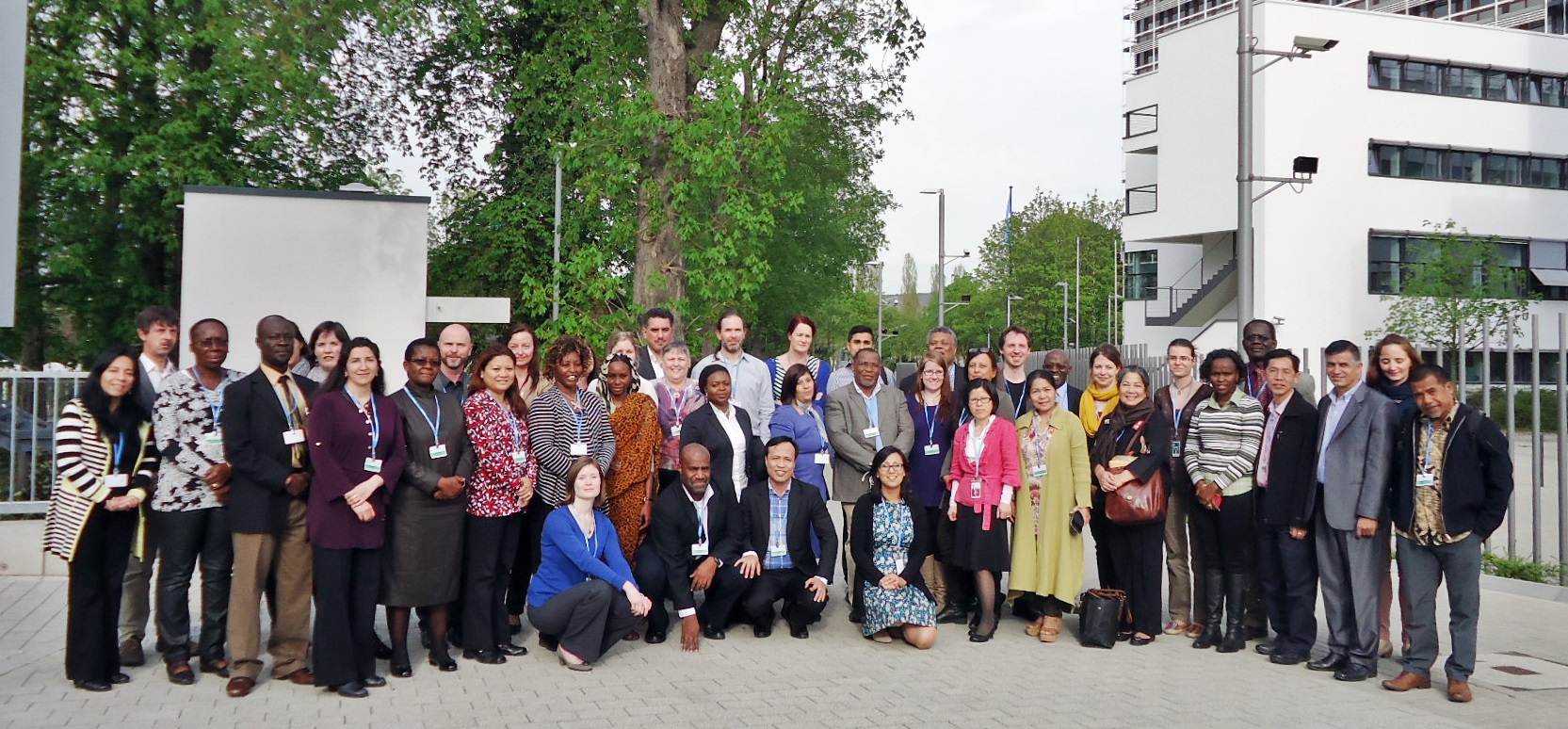NEW YORK (April 9, 2014)– From April 2nd to 4th in Bonn, Germany, WEDO participated in a Joint meeting of the Adaptation Committee and the Nairobi work programme, focused on Available tools for the use of indigenous and traditional knowledge (ITK) and practices for adaptation, needs of local and indigenous communities, and the application of gender-sensitive approaches and tools for adaptation. The meeting included several members of the GGCA and the WGC including Bridget Burns (WEDO), Agnes Otzelberger & Sven Harmeling (CARE), Lorena Aguilar (IUCN), Maria Josee Artiste (VIDs), and Ravadee Prasertcharoensuk (SDF). Presentations and inputs to the meeting have been highlighted on the UNFCCC website.
Throughout the expert meeting, participants were divided into working groups to share perspectives and experiences on ITK and gender, and to make recommendations for practitioners on the use of indigenous and traditional knowledge and practices for adaptation, and the application of gender-sensitive approaches and tools for understanding and assessing impacts, vulnerability and adaptation to climate change.
Expert presentations were delivered by CARE, IUCN, and others. Ms. Maria-Josee Artist of the Association of Indigenous Village Leaders (VIDS) in Suriname, presented a WEDO case study she authored in 2013 on indigenous women and climate change. Ms. Prasertcharoensuk, participating on behalf of the Asia-Pacific Forum on Women, Law and Development (APWLD), through the support of the Empower Women benefits All (EWA) program*, developed key inputs on gender and ITK to inform the meeting. On the final day, WEDO led a working group linking inputs and recommendations from this workshop, specifically on gender, to other Boards and Bodies of the UNFCCC, including the Technology Executive Committee and the Green Climate Fund.
Reflecting on the meeting, Ms. Prasertcharoensuk stated, “one of the most important aspects of the meeting was the opportunity to make recommendations. It was important to see the co-Chairs of the workshop confirm their commitment to take the knowledge and experience shared and discussed here and put it forward to formal UNFCCC /SBSTA committee as well as the Nairobi Work Plan later this year. I think it will be quite significant for mainstreaming ITK and gender adaptation programs around the world.”
*This programming receives support from the WECF “Empowering Women benefits All” programme, financed through the Ministry of Foreign Affairs of the Netherlands.



